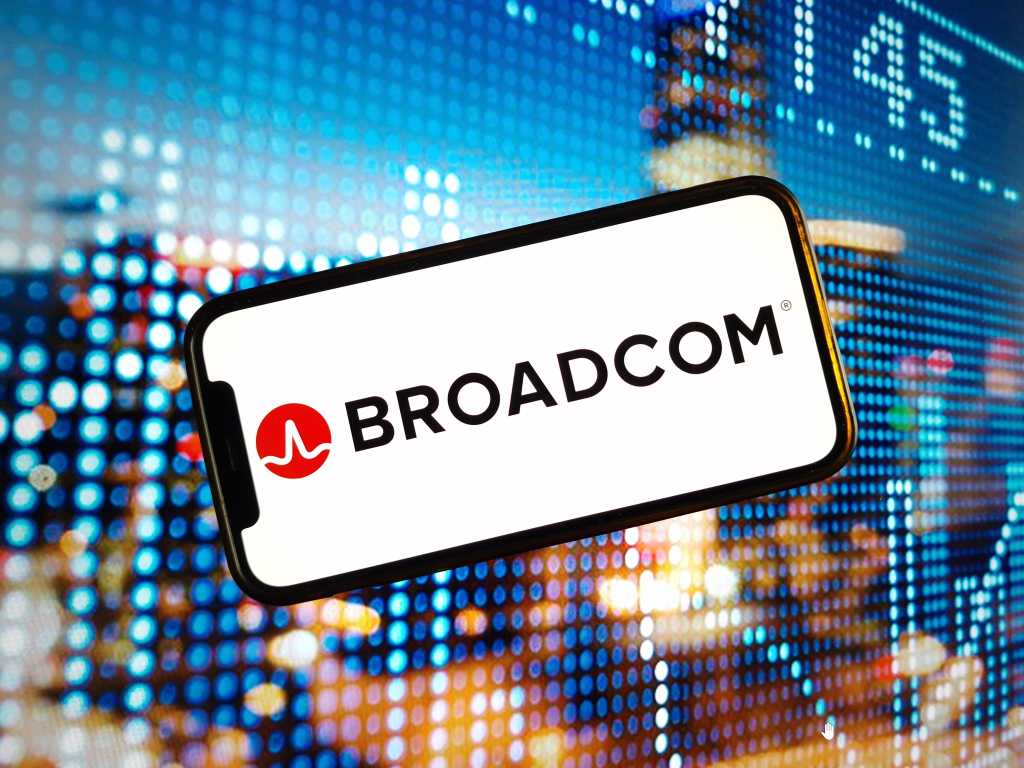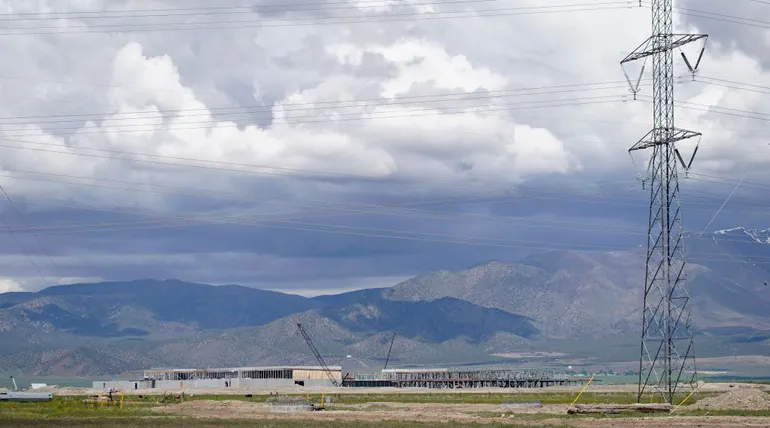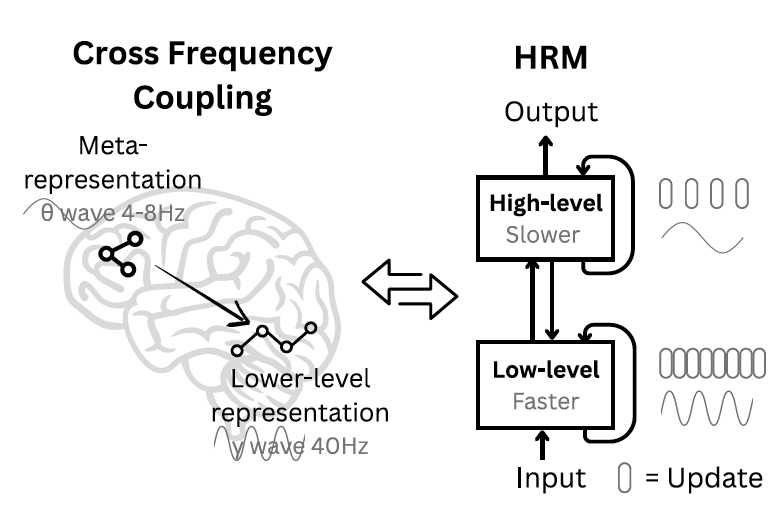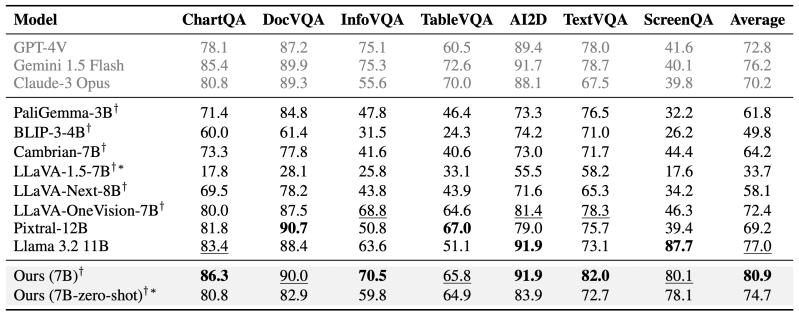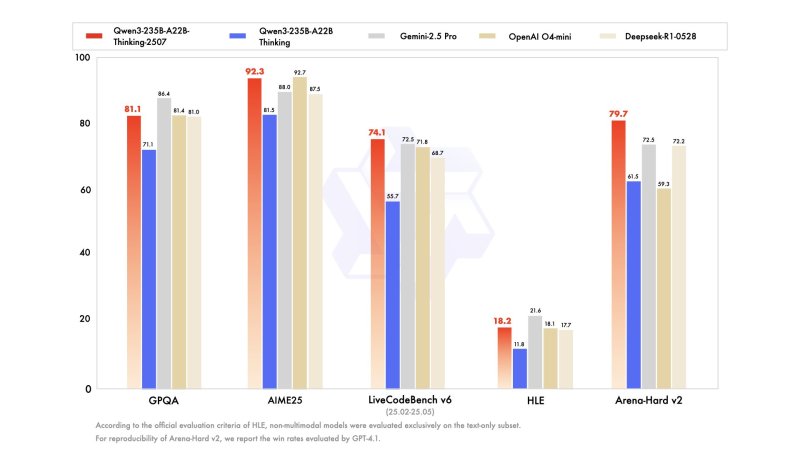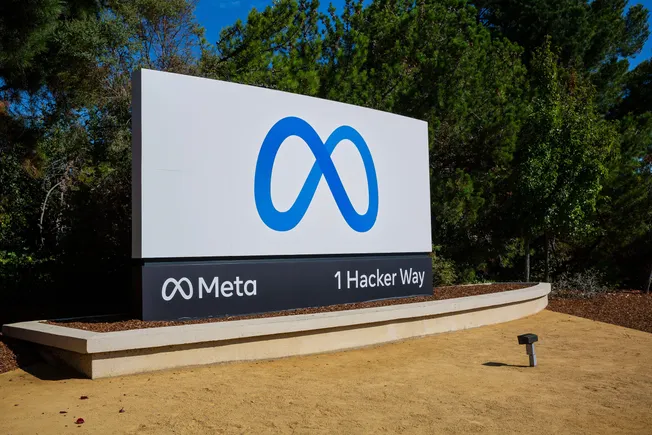
Dive Brief:
- Meta announced a deal Tuesday to purchase 100% of the power generated by a Texas solar plant owned by energy developer Enbridge to support its data center operations in the state.
- The power purchase agreement accompanied a decision by Enbridge to invest $900 million to finish the 600 megawatt utility-scale Clear Fork solar plant near San Antonio.
- The final greenlight on the project comes a few weeks after the signing of Congressional Republicans’ reconciliation package, the One Big Beautiful Bill Act, which contained a speedy wind-down for solar and wind credits created by the Inflation Reduction Act.
Dive Insight:
Meta — the tech and social media conglomerate behind platforms Facebook, Instagram and WhatsApp — is one of the largest corporate purchasers of renewable energy and had the largest operating U.S. renewable energy portfolio of corporate buyers in 2023, according to its 2024 environmental report. The company has touted reaching net-zero emissions across its operational portfolio — scope 1 and 2 emissions — since 2020, “primarily” by matching 100% of its data center usage with renewable energy across that same span, according to the report.
“We are thrilled to partner with Enbridge to bring new renewable energy to Texas and help support our operations with 100% clean energy,” Meta Head of Global Energy Urvi Parekh said in the release.
The Clear Fork solar plant is currently in construction and expected to be completed and “enter in service” in the summer of 2027, the July 22 release said. Canada-based Enbridge expects the project to lead to growth in the company’s cash flow and earnings per share beginning in 2027, the company said in the release.
“Clear Fork demonstrates the growing demand for renewable power across North America from blue-chip companies who are involved in technology and data center operations,” said Matthew Akman, Enbridge’s executive vice president for corporate strategy and president of power.
The release’s language about being “in service” by 2027 mirrors that included in the budget reconciliation law, which — other than a safe harbor for projects that begin construction within 12 months of enactment — requires any wind and solar projects in development to be placed in service by 2027 to receive the altered investment tax credit.
Analysts at Jefferies predicted that utility companies with “renewables-heavy plans” may accelerate wind and solar projects to ensure they qualify for the altered tax credits. The passage of OBBB also provided a “compelling event” for companies to decide whether to move ahead with plans to use solar for facility decarbonization and energy needs, according to Arvin Vohra, CEO of energy-as-a-service company Redaptive.
Meta has invested in a variety of renewable and zero-emissions power generation technologies to support its AI-related data center needs and sustainability objectives. In the past year, the social media and tech conglomerate has signed a variety of solar deals with multiple developers, inked its first two deals for next-generation geothermal energy and looked to nuclear energy as well.
In December, the Facebook parent issued a request for proposals to bring up to 4 gigawatts of new nuclear generation online by the early 2030s, citing a need to meet its “AI innovation and sustainability objectives.” Last month, Meta and Constellation Energy announced a 20-year nuclear power purchase agreement that will provide the tech company with nuclear energy from an Illinois plant starting in 2027. In exchange, Meta’s commitment will keep the facility online when the state’s zero emission energy tax credit expires.



